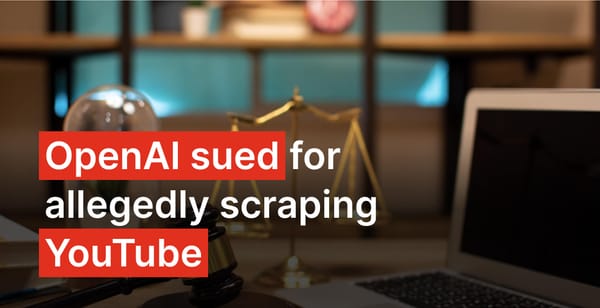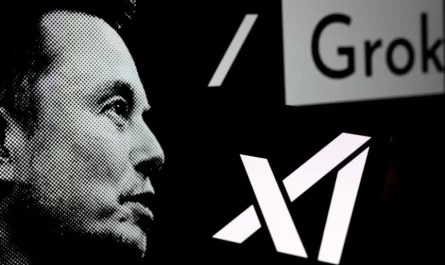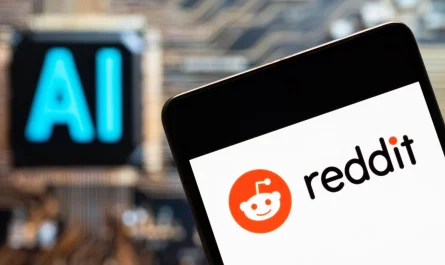David Millette, a YouTube creator, has initiated a class action lawsuit against OpenAI, alleging that the company used millions of YouTube video transcripts to train its AI models without proper authorization or compensation. Here’s a breakdown of the situation:
Key Details of the Lawsuit:
- Plaintiff: David Millette, a YouTube creator based in Massachusetts.
- Allegations:
- OpenAI is accused of using transcripts from YouTube videos to train its AI models, including ChatGPT.
- The lawsuit claims OpenAI collected and used this data without the consent of the video creators, violating copyright law and YouTube’s terms of service.
- The complaint argues that OpenAI profited from these actions by enhancing the value of its AI products through the unauthorized use of creators’ work.
- Legal Claims:
- The lawsuit seeks over $5 million in damages for YouTube creators whose data may have been used without consent.
- It contends that OpenAI’s use of video transcripts was done without proper credit or compensation to the original creators.
Context and Background:
- Generative AI Training:
- Generative AI models, like those developed by OpenAI, learn from vast amounts of data scraped from various sources, including public websites and videos.
- The models rely on patterns and context from this data to generate responses, but the legality of using such data is a point of contention.
- Regulatory and Industry Trends:
- The use of video transcriptions for AI training has become significant as traditional data sources become restricted.
- Many websites now block AI crawlers, impacting the availability of training data for AI models.
- Previous Reports:
- Reports have highlighted that OpenAI used its Whisper model to transcribe video data from YouTube for training its GPT-4 model.
- Other companies, including Google, have also faced scrutiny for their data usage practices, particularly concerning user data and AI model training.
Broader Implications:
- Industry Impact:
- The outcome of this lawsuit could influence how AI companies source and use data, especially concerning copyright and user consent.
- The case underscores growing tensions between technology companies and content creators regarding data use and intellectual property.
- Current Legal Environment:
- This lawsuit adds to OpenAI’s legal challenges, including a recent suit filed by Elon Musk alleging that OpenAI abandoned its original nonprofit mission.
The class action suit against OpenAI reflects broader concerns about data privacy, intellectual property rights, and the ethical use of data in AI development. The outcome of this case could set significant precedents for how AI companies handle and compensate data from individual creators.



